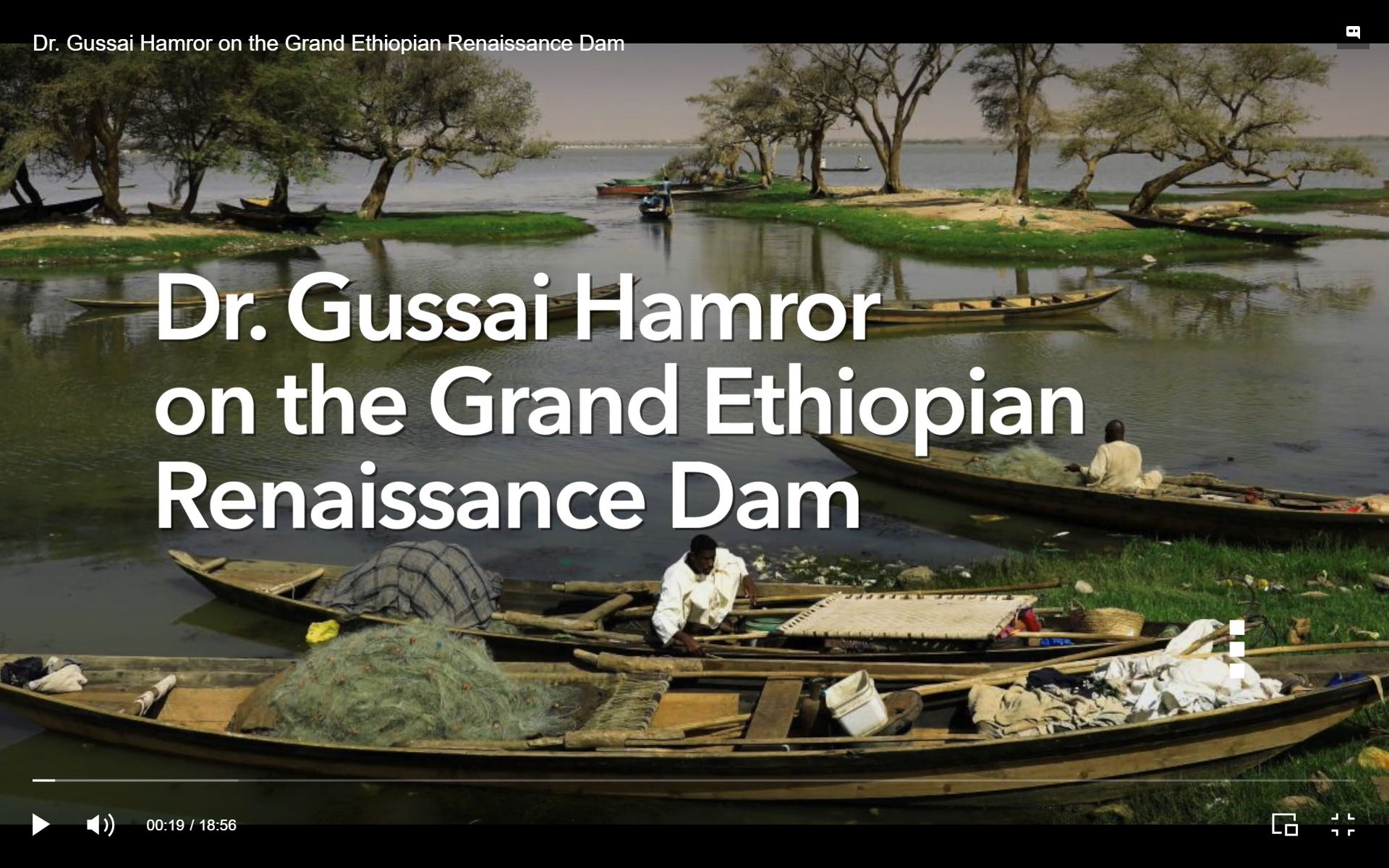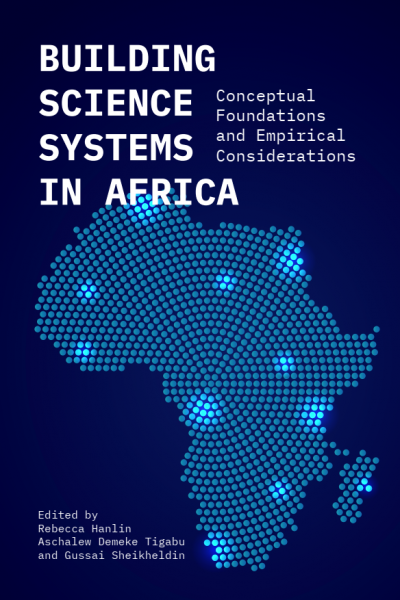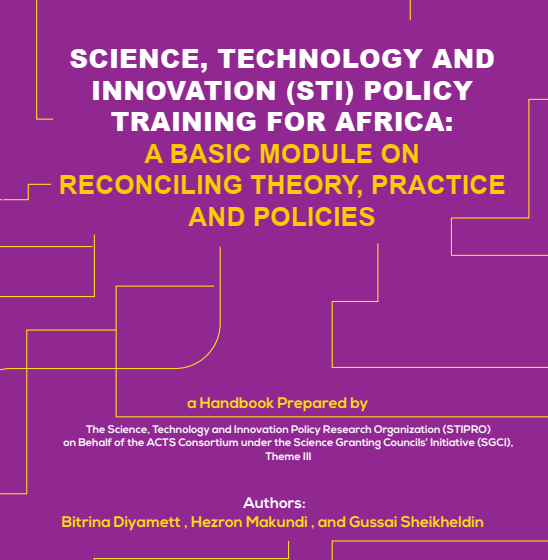Panel presentation at the 10th International Conference on Appropriate Technology, 22-25 November 2022, Khartoum
Presented by:
Gussai H. Sheikheldin, PhD; Research Fellow with STIPRO (Science, Technology and Innovation Policy Research Organization), Tanzania; and former Director of IRCC (Industrial Research and Consultancy Centre), Sudan (2020 – 2021)
——–
How old is industrial policy
In 1791, Alexander Hamilton, American Secretary of Treasury, submitted to Congress his report on industry in the United States, in which he argued that the US with its industrially backward economy (which was the case back then compared to Europe) needed to protect and support its industries “in their infancy” until they reached a sufficient level of strength to compete with Europe’s manufactures.… More



